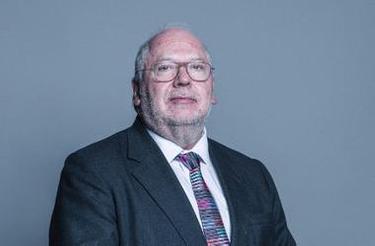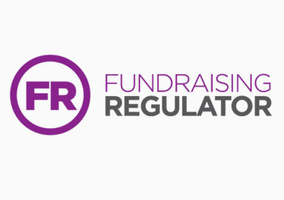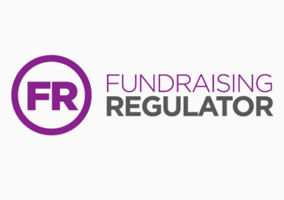The chair of the Fundraising Regulator has criticised the “handful” of larger charities “consistently” refusing to pay the organisation’s voluntary levy.
Lord Harris said the 2% of charities eligible to pay the regulator’s levy that do not were “freeloading on the 98% of the larger charities that do pay the levy”.
Speaking to Civil Society News, he said “these are charities who think their behaviour is in any case exemplary so why do they need to be regulated”.
As the regulator plans an increase to its levy next year, Harris said the regulator’s costs had increased but that it was “not struggling” to respond to current demand for its services.
Charities ‘getting the benefits’ without paying levy
Charities in England, Wales and Northern Ireland that spend more than £100,000 a year on fundraising are currently asked to pay the voluntary levy, while smaller organisations and commercial suppliers can register for a lower fee.
The regulator, which is funded almost entirely by the levy and registration fees, recently reported a 98% payment rate for the levy last year.
Harris said the regulator “should be proud” of the 98% compliance rate but condemned the minority who were not paying the levy.
“There’s a handful of charities that haven’t paid the levy, usually consistently,” Harris said in an interview with Civil Society News after the regulator’s annual event.
“They are freeloading on the 98% of the larger charities that do pay the levy, in that they’re getting the benefits of there being a regulatory system, and people’s trust in the sector.
“I think in many instances, these are charities who think their behaviour is in any case exemplary so why do they need to be regulated. Why do they need to pay for somebody to tell them that they’re behaving properly?
“The reality is that regulation benefits the entire sector and I would hope that they would want to be part of it.”
Asked whether he sympathised with charities that might see the levy as an increasingly difficult cost to pay during the cost-of-living crisis, Harris said the cost was relatively minor.
“I’m well aware that some of them are facing existential difficulties in terms of costs, but this is comparatively small, in terms of their overall costs, and it’s just one of those costs of doing business,” he said.
‘We’re not struggling’
The Fundraising Regulator’s costs have increased but Harris said it was not struggling to operate within its current resources.
“No, we’re not struggling. We’re managing well with that,” said Harris, who is in his second three-year term as chair since joining the regulator in early 2019.
“But not only have our costs risen, but I think the expectations on the regulator will change. The more effective we are, the more people know about us, the more business ends up being generated, more complaints come to us. All of that needs to be processed.”
Complaints to the regulator are increasing, with chief executive Gerald Oppenheimer revealing a 24% increase since November at the annual event yesterday.
Harris said the regulator was managing to respond to its current caseload quickly but that it might need greater resources to maintain current service levels if complaints rise further.
“If we can maintain that, particularly if the volume continues to increase, then we do need to look at the resources that we have,” he said.
Related articles












